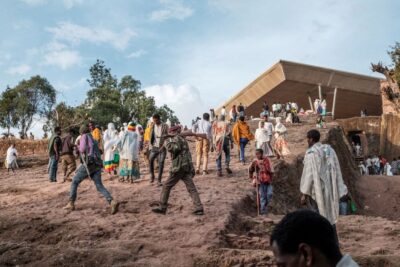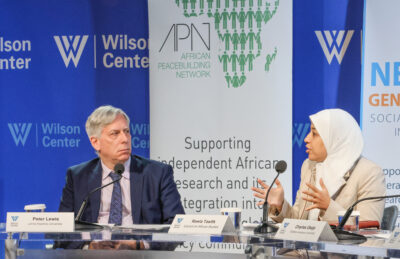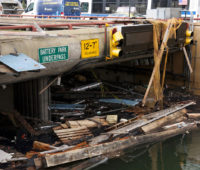Related to Items’ recent series on “Just Environments,” Kasia Paprocki and her colleagues discuss how what they call critical social science can be engaged in the study of and the response to climate change. In practice, this means being attuned to the potential tensions and complementarities between social knowledge production about and social action on behalf of addressing climate change and the inequalities it can deepen or transform. Drawing on their own and others’ research, the authors call attention to the “entanglement” of environmental issues with a host of other ones, the deployment of climate-friendly language for self-interested political purposes, and the importance of context in imagining movements for climate justice.













